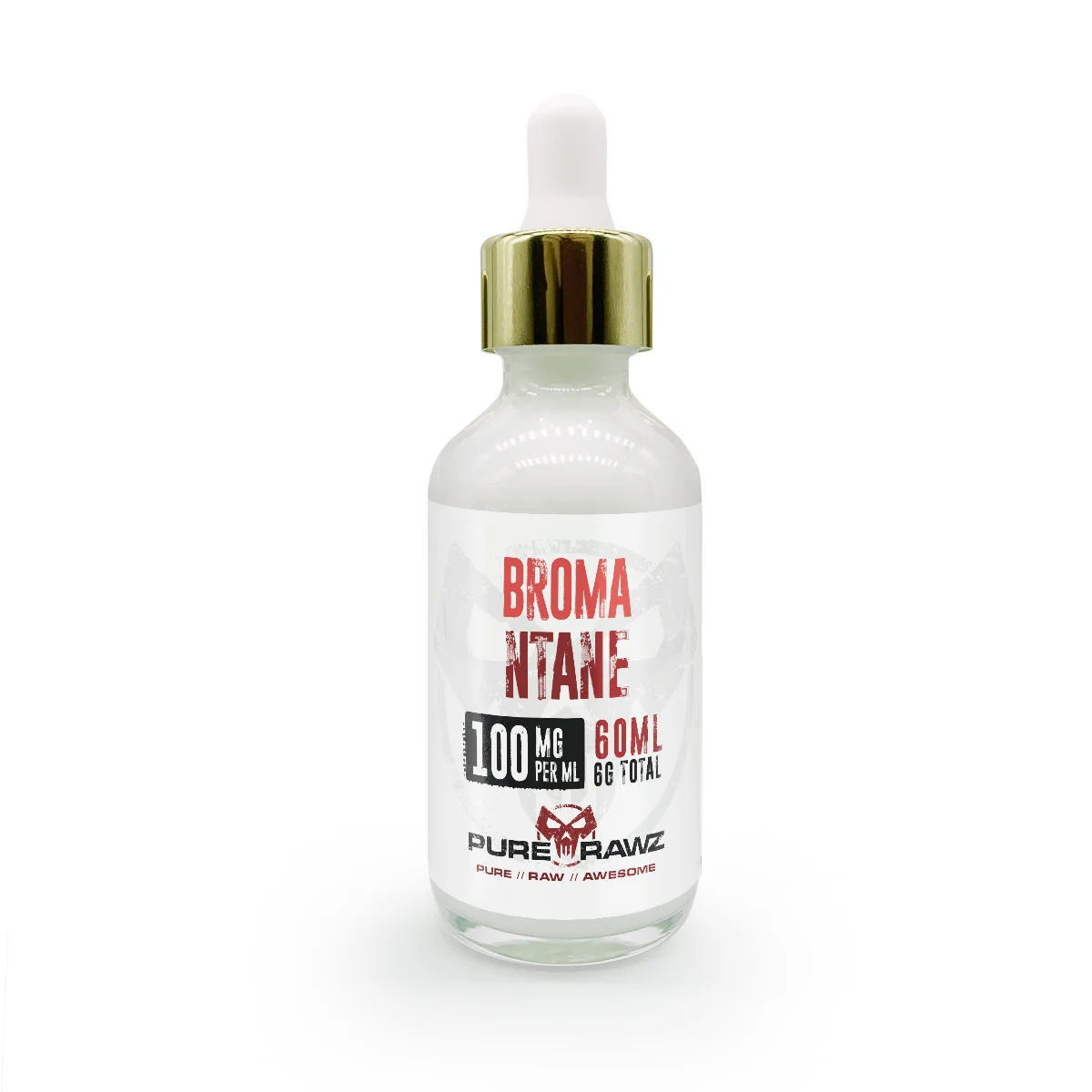A complete evidence-based guide to understanding and managing cognitive changes during perimenopause and menopause
Research-backed strategies and treatments
Step-by-step clarity improvement program
Tests and treatments to discuss with your doctor
Brain fog is a set of thinking hiccups—forgetting names, losing your train of thought, slower word-finding, and feeling less sharp. It often fluctuates day to day and tracks with sleep quality, stress, and vasomotor symptoms (hot flushes/night sweats).
How many experience it
Many women report dips in memory or focus in late perimenopause and the early years after the final period.
On formal tests, the changes are typically small and may not be detected in clinical assessments.
When it improves
For most, symptoms ease as hormones stabilise, especially once sleep and flushes are under control.
Recovery often correlates with better sleep quality and reduced vasomotor symptoms.
Brain fog during menopause is temporary for most women and responds well to targeted lifestyle interventions, sleep optimization, and symptom management.
Variability ↓
Changing oestrogen nudges brain circuits for memory and attention. Hot flushes and night sweats disturb sleep, and stress/mood changes raise mental load. Together, that feels like fog.
Other causes of brain fog
Hypo/hyperthyroidism
Low ferritin levels
B12, vitamin D
Snoring, gasping, morning headaches
Some antihistamines, bladder meds
New or worsening anxiety/depression
Recommended blood tests
FBC
Full blood count
Ferritin
Iron stores
TSH
Thyroid function
B12
Vitamin B12
Vitamin D
25-OH vitamin D
HbA1c
Blood sugar
Plus lipids for cardiovascular health assessment
These evidence-based interventions form the foundation of brain fog management. Start here before considering supplements or medications.
(highest ROI)
CBT-I is the gold standard for persistent insomnia
(brain's best friend)
Short "exercise snacks" (10 minutes brisk walking) still help clarity
(MIND/Mediterranean)
Protein at each meal (aim ~1.2–1.6 g/kg/day total)
Tame ultra-processed foods and heavy late meals
Lower cognitive load
5 minutes/day slow breathing (4–6 breaths/min)
Learn more about natural support for stress and calm focus →
Start one at a time; track effects for 2–3 weeks. Discuss with your clinician if you're on medication, pregnant, or have conditions.
| Supplement | Typical regimen | What it may help | Notes & cautions |
|---|---|---|---|
| L-theanine | 100–200 mg 1–2×/day (incl. 30–60 min pre-task) | Calmer focus, less jitter | May slightly lower BP |
| Magnesium (glycinate/citrate) | 200–400 mg elemental, evening | Sleep quality, relaxation | Adjust if loose stools |
| Glycine | 3 g 30–60 min pre-bed | Sleep depth, next-day clarity | Very well tolerated |
| Omega-3 (EPA+DHA) | 1,000–2,000 mg/day combined | Mood balance, brain health | Check if on anticoagulants |
| Ashwagandha (std.) | 300–600 mg/day | Stress, sleep | Thyroid/autoimmune: consult GP |
| Rhodiola rosea (std.) | 200–400 mg morning | Stress-fatigue, task focus | Can feel stimulating |
| Saffron (std.) | 30 mg/day | Mood, cognitive performance | Discuss if on SSRIs/SNRIs |
| B-complex incl. B12/folate | Daily (if low-normal) | Energy, homocysteine control | Avoid very high B6 long term |
| Lion's Mane (fruiting-body extract) | 500–1,000 mg 1–2×/day | Subjective clarity | Look for beta-glucans % |
| Bacopa monnieri (std.) | 300 mg/day for 8–12 weeks | Memory consolidation | GI upset early; slow build |
What to look for when choosing supplements
Identity, potency, heavy metals, microbes (and solvents if relevant)
Withanolides, rosavins/salidroside, bacosides, crocins/safranal, beta-glucans for mushrooms
No vague "proprietary blends"
Batch/lot numbers, responsive customer support
Plus lipids for cardiovascular health assessment
While you could try multiple supplements individually, thousands of people are getting faster results with this scientifically-formulated brain clarity breakthrough
Contains the exact compounds mentioned above, in optimal dosages for research purposes
Most users notice improvements within 2-3 weeks
Made with third-party testing and quality assurance

Order now and get FREE access to comprehensive research resources (Value: $47)
Most effective for vasomotor symptoms
HRT (oestrogen ± progestogen) is the most effective option for hot flushes/night sweats and often improves sleep and mood.
For vasomotor symptoms
Some antidepressants can reduce hot flushes and improve daytime clarity
Can help with night sweats and sleep quality
May reduce vasomotor symptoms
New developments: NK3 antagonists are emerging—ask your GP about suitability for your situation.
Simple techniques to work with your brain, not against it, while you address the underlying causes.
Reduce cognitive load
Sync with family/work for important dates
Write it down immediately
Phone alerts for important tasks
Say out loud where you put things
Work with attention spans
25-minute focus blocks + 5-minute breaks
Revisit names/terms after 1 hour, 1 day, 1 week
Schedule demanding tasks when you typically feel sharpest (often mornings)
Reduce distractions: phone on silent, close unnecessary browser tabs
A step-by-step program to systematically address brain fog through evidence-based interventions
Establish your starting point
Log sleep, flushes, stress, caffeine/alcohol timing, and top 3 fog moments. Arrange GP tests if relevant.
Foundation first
Consistent sleep window; cool, dark bedroom; last caffeine early afternoon; cut weeknight alcohol. Consider 3 g glycine pre-bed.
Brain's best friend
Build to 150 mins/week brisk cardio + 2 strength sessions. Expect clearer mornings in ~2–3 weeks.
Mediterranean approach
Mediterranean plates, protein each meal, two oily-fish meals weekly or add omega-3.
Optional support
Choose one (e.g., theanine for daytime calm focus; magnesium for sleep; ashwagandha for stress/sleep). Evaluate after 2–3 weeks before layering.
Measure progress
Focus blocks, spaced recall, calendar automation. Compare Week-12 to Week-1; keep what worked.
Rate these areas weekly (1-10 scale) to monitor improvements
While menopause brain fog is usually mild and temporary, certain symptoms warrant professional evaluation.
See your GP if you experience:
Persistent or worsening fog despite improving sleep/mood
New language problems beyond word-finding
Getting lost in familiar places
Trouble managing money/medications
Seek urgent care for:
Unusually heavy menstrual bleeding
Palpitations or chest discomfort
Unexplained breathlessness
New or severe headaches with fog
Trust your instincts. If something feels significantly different or concerning, don't hesitate to contact your GP or call NHS 111 for guidance.
Answers to the most frequently asked questions about menopause brain fog.